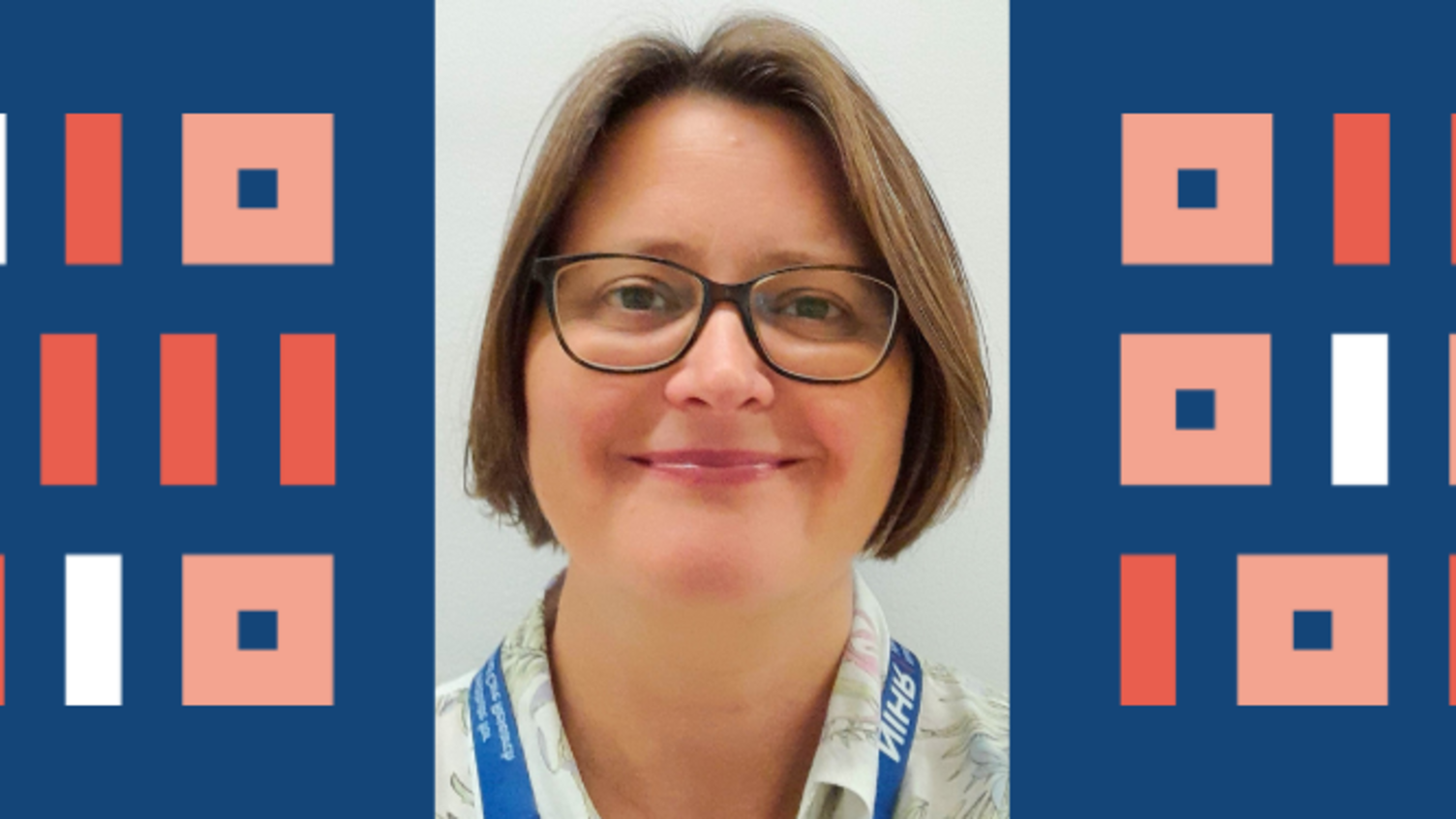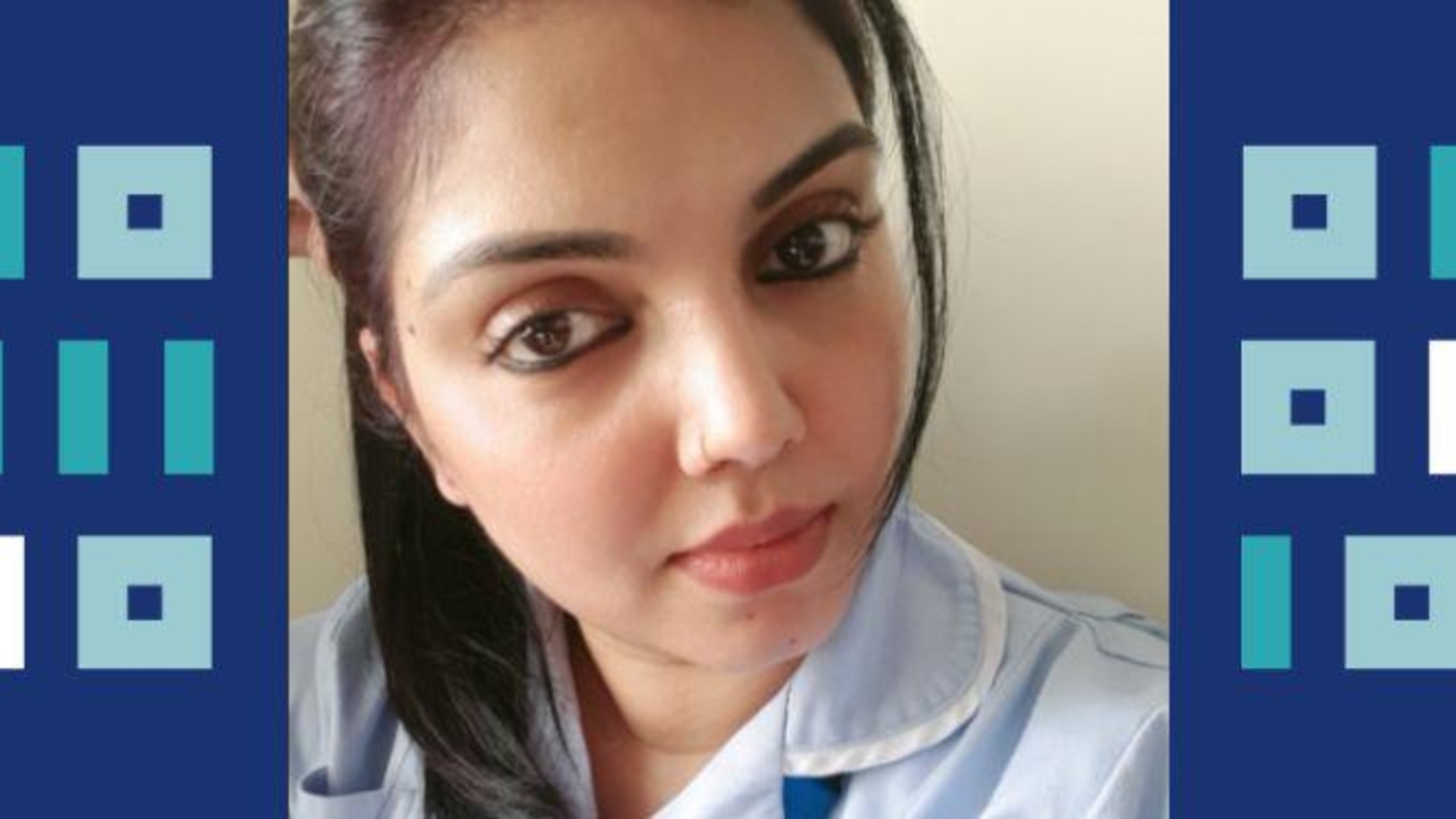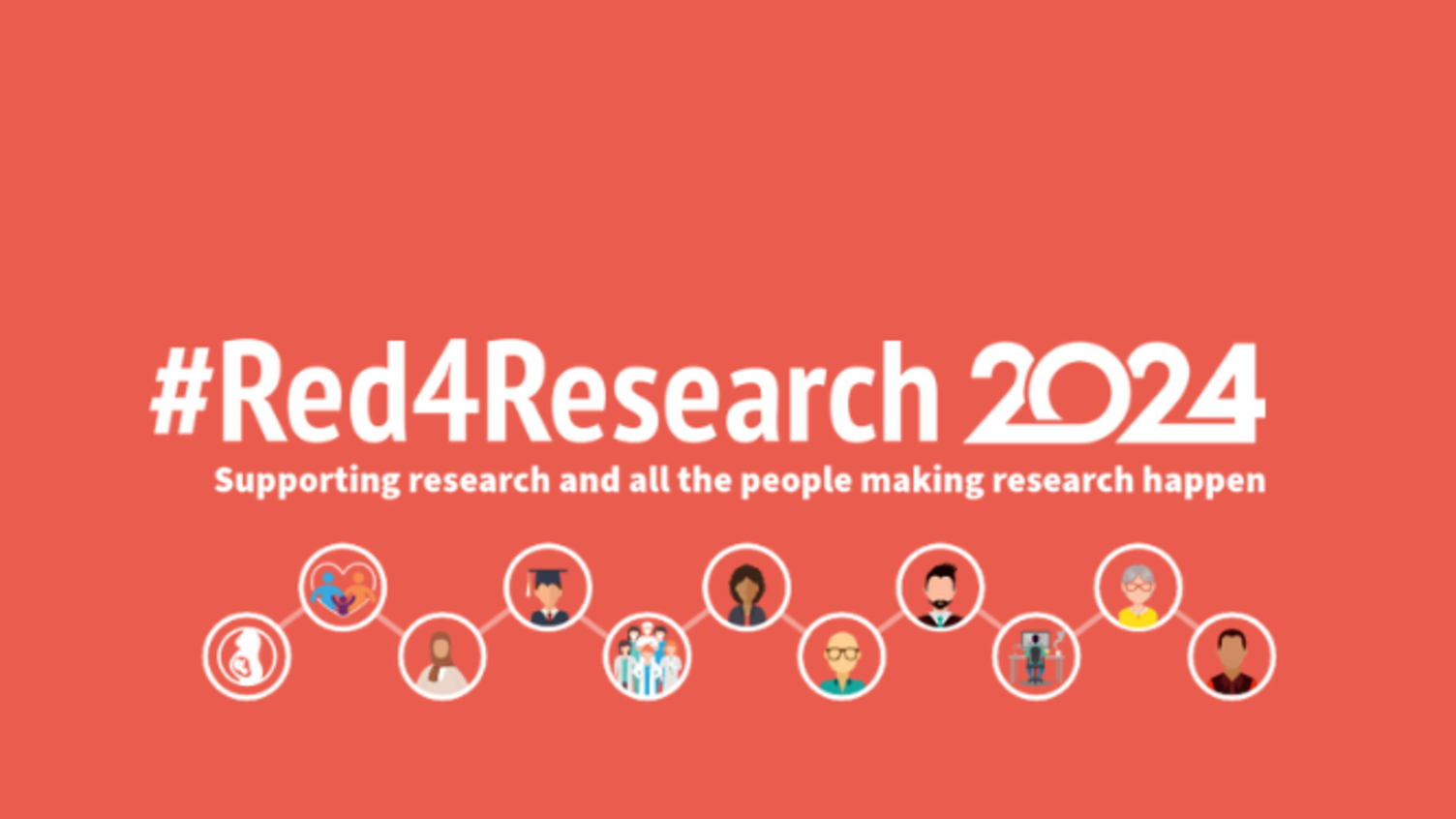Innovative recruitment: telephoning as a means to recruit patients
- 31 August 2022
- 4 min read
We spoke to members of the Research Team at North Bristol Trust, to find out more about their experiences of utilising telephoning as a means to recruit participants.
Telephoning as a means to recruit patients - innovative recruitment in the West of England
When the Women's and Children's Research Team at North Bristol NHS Trust (NBT) were posed with the task of recruiting women before their twelve week scan during the COVID-19 pandemic, they had to come up with a way to contact as many women as possible whilst keeping both women and themselves safe from infection.
The COVID-19 pandemic posed challenges to all healthcare staff that required innovative adjustments to their usual ways of working. Maternity staff who worked in close contact with pregnant women, were at an increased risk of infection to both themselves and these women. The reduction in face to face appointments escalated pressure on maternity staff as antenatal examinations and childbirth could not be postponed.
The Impact Diabetes study explored the effectiveness of an app-based coaching programme to support weight management in pregnant women at risk of gestational diabetes. The protocol required women to be recruited prior to their twelve week scan during the pandemic. Eligibility screening for the study was straightforward as the women already had an established relationship with the Trust, however, making contact with potential participants proved trickier as speaking to women in the antenatal clinic or on the wards was prohibitive. Following Research Ethics Committee (REC) approval, the team began to telephone potential participants who had not yet heard about or shown an interest in the study.
We spoke to members of the Research Team at NBT, to find out more about their experiences of utilising telephoning as a means to recruit participants.
Nichola Bale, Senior Research Midwife, expanded on where the need for telephoning came from, "With the IMPACT Diabetes study, women were required to provide consent before their twelve week scan if they wished to take part. Recruitment to the trial started at the beginning of the COVID-19 pandemic and at that time we were limited to how many maternity clinics we could get to."
Mary Alvarez, Senior Research Midwife, added, "That's when we had to reassess how we were going to contact women. I think because we had to contact them so early in pregnancy, telephoning was the only way we could contact them as they had no need to risk coming into hospital."
Sarah Coates, Research Midwife, explained how the telephoning process worked, "In the case of IMPACT Diabetes, we would go into the scan waiting lists and put the patient's details from there into the maternity system. We'd then screen them to make sure they were eligible for the study. We'd then phone the women who were potentially eligible, explain that we're research midwives and give them a rundown of the study. If they were interested, we would send them our information leaflet and follow up with a second phone call at least 24 hours after. In this call we'd go over any questions they had and take it from there."
Melissa Tout, Research Midwife, described the initial transition period for this process, "When I started working on IMPACT Diabetes, it was trying to find the right amount of information to tell them that was tricky. If you go into loads of detail on the phone, it can be quite overwhelming for participants. Equally, you don't want to give them so little information that they don't understand what they are signing up for. It's learning to pitch it just right."
Anne Glover, Research Midwife, continued "To begin with, it was a bit counterintuitive, and we wondered if this was a very fair process. But I think if you're recruiting someone face to face, they might feel a bit more pressure to say yes."
Nichola commented, "It's almost like when you approach a person who's a hospital inpatient, they're in your environment and you're asking them to help you. But if you phone them, your voice is in their environment, and they can decide whether they talk to you. It actually feels more fair."
Mary added, "It makes the whole recruitment process feel more woman-centred rather than research-centred."
All the participants contacted via telephone will receive a twelve month follow up to assess how they found the process. The team went on to explain the response they've had from participants so far.
Anne remarked, "Having now phoned hundreds of women, I've been really surprised that the majority don't seem to mind. I think they're quite happy to have access to a midwife who can give them information and advice during COVID-19, when they've likely had less antenatal information or classes. They usually have lots of questions we can help with."
Melissa added, "Even without the pressures of COVID-19, there were always people who could slip through the net, especially at this early stage of pregnancy. This process has made research so much more accessible to more people."
Sarah continued, "I think for studies in the future, especially in terms of getting ethics approvals, we can demonstrate that it has been successful and that women don't mind being phoned!"
Mary summed up, "I suspect that telephoning pre COVID-19 would have been a no go. But actually, it's changed all of our parameters, I think for the better."
Following necessary amendments and REC approvals, the team have since recommended the telephoning process for multiple studies. This recruitment process has proven efficient for the study team, but most importantly, it has allowed women to consider research outside of the clinical environment and make decisions on their own terms.


